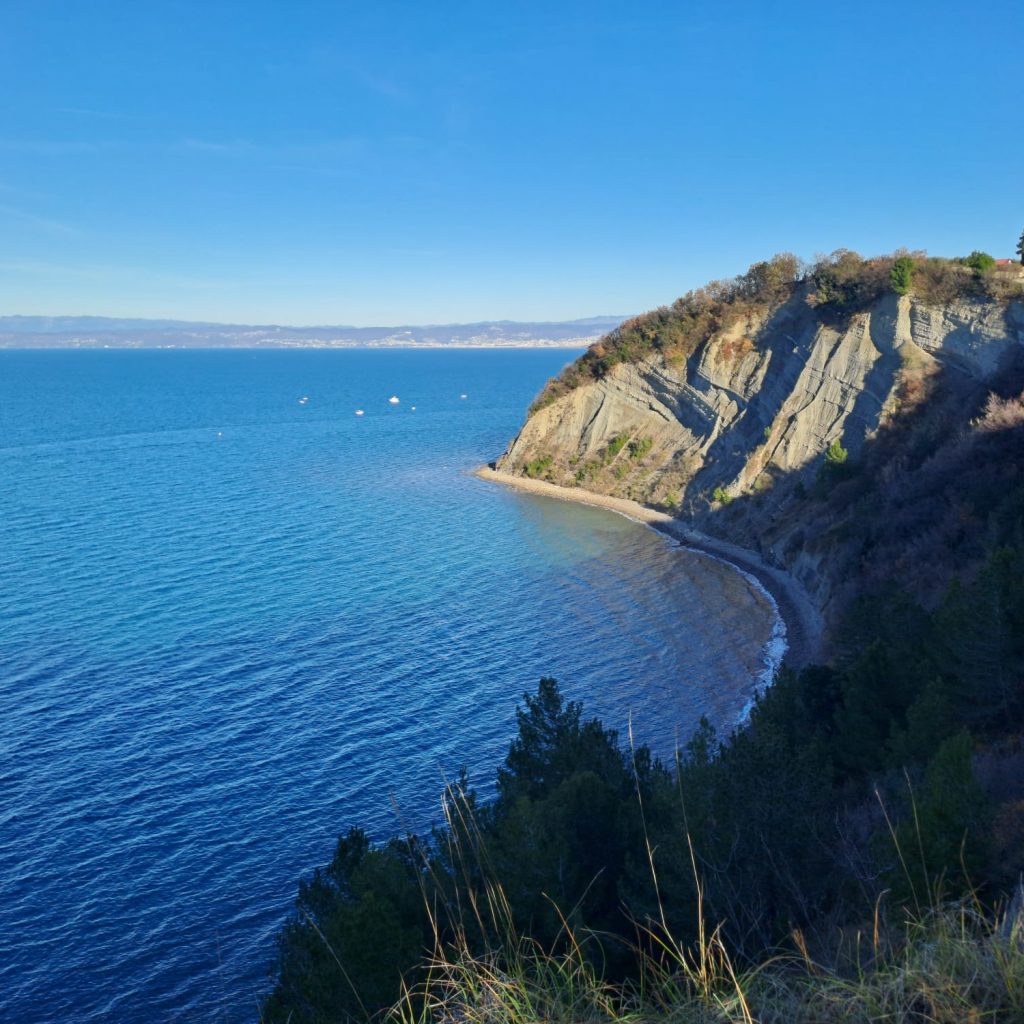The Mediterranean is a rich yet fragile and highly fragmented region — culturally, politically, and environmentally. It’s a sea shared by 22 coastal states, only a handful of which are EU members. Climate change, overfishing, and policy inconsistency all put tremendous pressure on the Mediterranean’s ecosystem and fisheries — threatening livelihoods, food security, and rich habitats.
This case study focuses on the implementation of the European Green Deal’s marine policies in this complex context. Specifically, it investigates policy coherence and cross-compliance across the Mediterranean and assesses the potential for policy to respond effectively to growing pressures.

Step 2 — Assessing the state of play in coherence and cross-compliance
Step 2 focuses on evaluating the current state of policy coherence and cross-compliance within the case study area. It aims to uncover how well different policies align with each other and how this impacts policy outcomes on the ground.
Using both the Policy Coherence framework and the SPSI framework this step is identifying key messages, policy clusters, and areas where coherence is weak or strong. The process is designed to be flexible, allowing for the selection of attributes most relevant to each case study, while a set of guiding questions and a standardized template help structure the analysis.

Step 3 — Analysis of the collected data
Step 3 involves a deeper analysis of the data collected in Step 2. This step responds to case-specific questions, reflects on main findings, and draws conclusions — identifying areas for improvement and policy implications.
It directly feeds into the broader goals of the project by addressing key research questions, adding depth to the policy coherence analysis, and putting forward actionable recommendations based on the case study. The final output comprises a clear, scientifically supported narrative that summarizes the main findings and highlights future opportunities for policy improvement.



